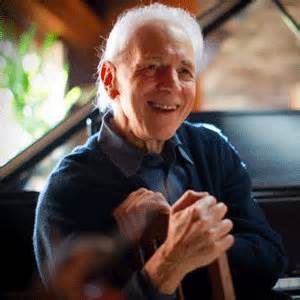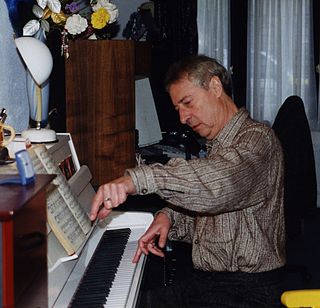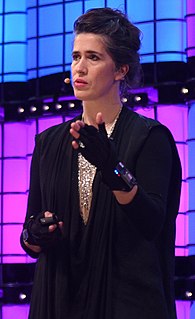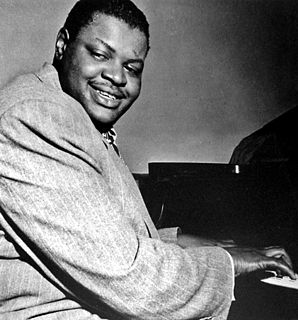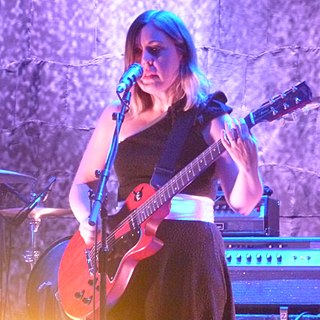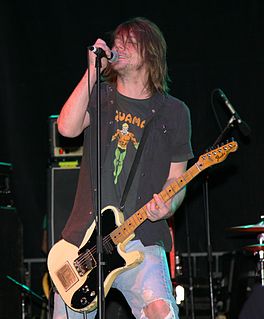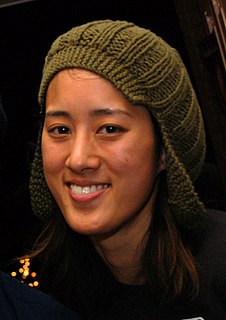A Quote by Russell Sherman
To know the piano is to know the universe. To master the piano is to master the universe. The spectrum of piano sound acts as a prism through which all musical and non-musical sounds may be filtered. The grunts of sheep, the braying of mules, the popping of champagne corks, the sighs of unrequited love, not to mention the full lexicon of sounds available to all other instruments-including whistles, scrapes, bleatings, caresses, thuds, hoots, plus sweet and sour pluckings-fall within the sovereignty of this most bare and dissembling chameleon.
Related Quotes
It is only by demanding the impossible of the piano that you can obtain from it all that is possible. For the psychologist this means that imagination and desire are ahead of the possible reality. A deaf Beethoven created for the piano sounds never heard before and thus predetermined the development of the piano for several decades to come. The composer's creative spirit imposes on the piano rules to which it gradually conforms. That is the history of the instrument's development. I don't know of any case where the reverse occurred.
Of course my books are translated into many languages. I have here, in my home, translations on my shelf of my books into forty-five different languages. Almost none of them I can read. I can read only the English editions. But, I know that a translation of a work of literature is like playing a violin concerto on the piano. You can do this. You can do this very successfully on one strict condition: never try to force the piano to produce the sounds of the violin. This will be grotesque. So, different musical instruments provide for different music.
You may be perfect in playing the piano, and not be creative; you may play the piano most brilliantly, and not be a musician. You may be able to handle color, to put paint on canvas most cleverly, and not be a creative painter. You may create a face, an image out of a stone, because you have learned the technique, and not be a master creator. Creation comes first, not technique.
The Ultimate Rule ought to be: 'If it sounds GOOD to you, it's bitchin'; if it sounds BAD to YOU, it's shitty. The more your musical experience, the easier it is to define for yourself what you like and what you don't like. American radio listeners, raised on a diet of _____ (fill in the blank), have experienced a musical universe so small they cannot begin to know what they like.
So I always liked to sing, and apparently when I was about four or five I also started to be attracted to pianos and musical instruments. Whenever we went to a friend's house, I vaguely recall climbing up on the piano, plunking on it, and trying to figure it out. So my parents figured I was interested and asked me if I wanted to take piano lessons. I said sure.
